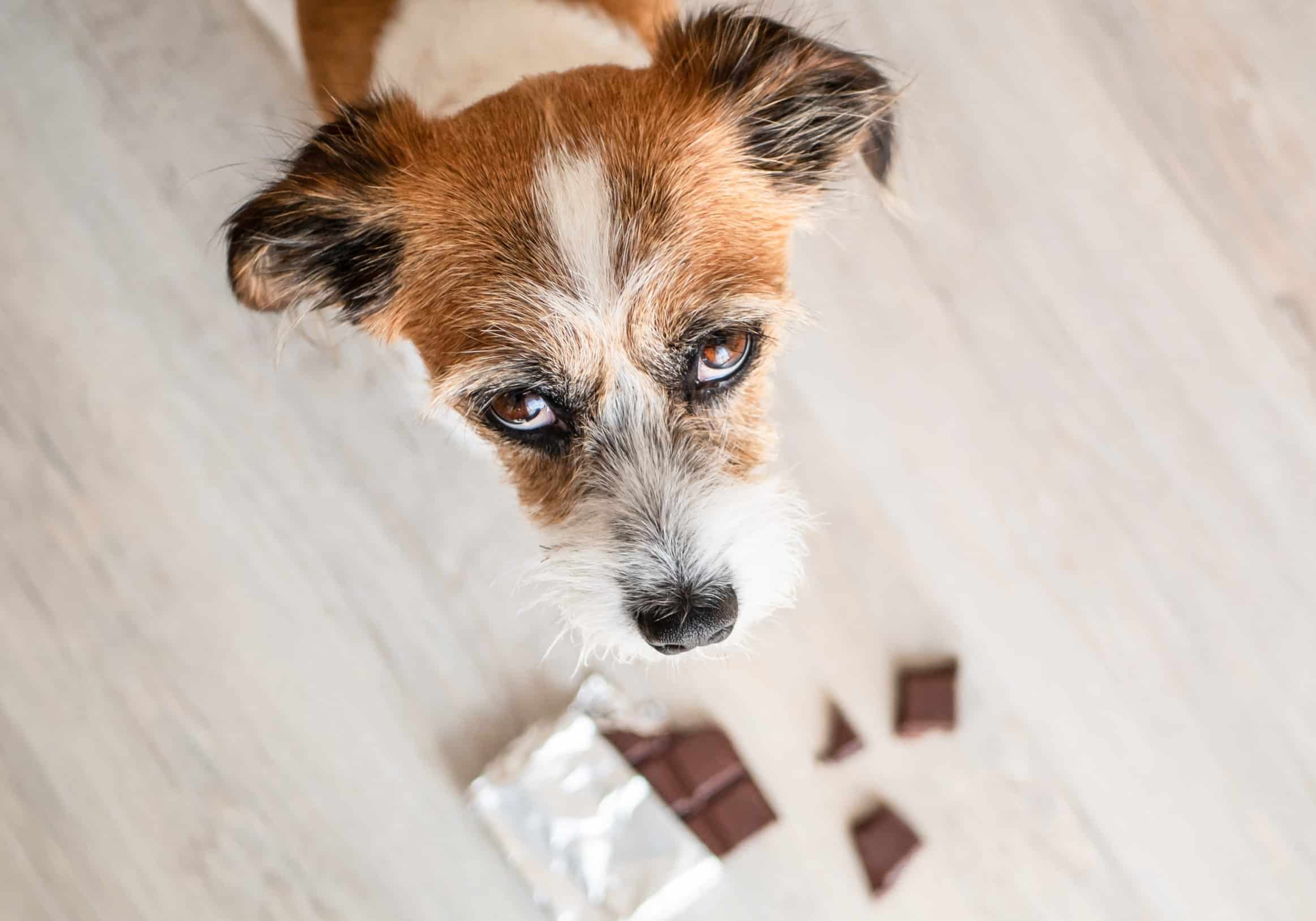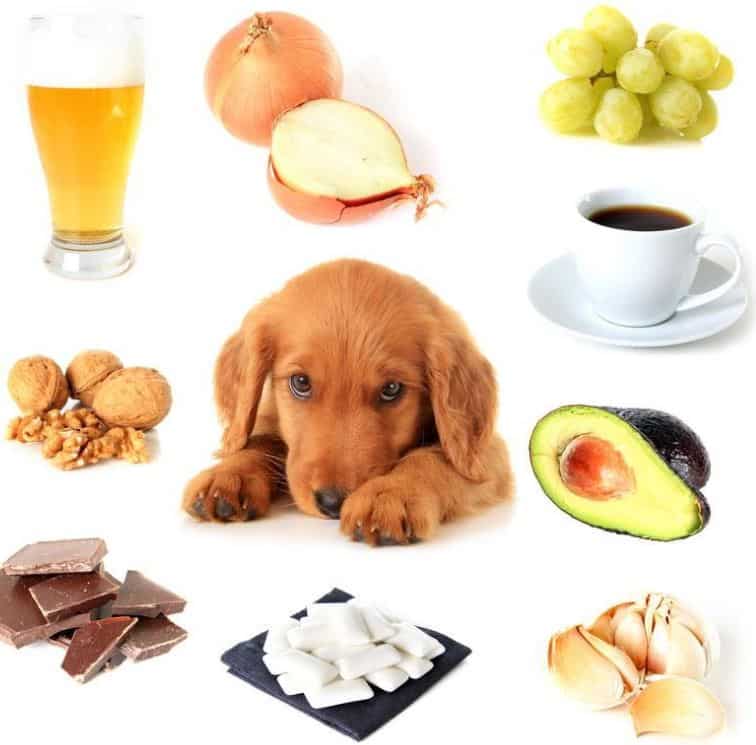As pet owners, we all love to indulge our furry friends with tasty treats from time to time. However, it is crucial to remember that not all foods are safe for dogs, and some can be downright dangerous to their health. At North Bundaberg Vet Surgery, we are committed to the well-being of your canine companions. In this article, we aim to educate pet owners about the perilous foods that should be kept far away from our beloved dogs.
1. Chocolate: A Bitter Sweet Temptation
Chocolate is a delectable treat for humans but a potential hazard for dogs. It contains substances called theobromine and caffeine, both of which are toxic to canines. Ingesting chocolate can lead to symptoms such as vomiting, diarrhoea, rapid breathing, increased heart rate, seizures, and, in severe cases, even death. Dark chocolate and cocoa powder contain higher levels of theobromine and are especially dangerous. Be vigilant and keep all forms of chocolate out of your dog’s reach.
2. Grapes and Raisins: A Tiny Fruit with a Big Threat
Grapes and raisins may seem harmless, but they can have dire consequences when consumed by dogs. These fruits can lead to kidney failure in dogs, even in relatively small amounts. Symptoms of grape or raisin toxicity include vomiting, diarrhoea, lethargy, and loss of appetite. Ensure your dog stays away from these foods, including dishes that contain them, such as grape salad or raisin bread.
3. Onions and Garlic: Hidden Dangers in the Kitchen
Onions and garlic, common ingredients in many human dishes, are toxic to dogs. They contain compounds that can damage a dog’s red blood cells, leading to anaemia. Symptoms of onion and garlic poisoning in dogs may include weakness, vomiting, diarrhoea, and difficulty breathing. Keep these ingredients out of your dog’s reach and ensure that they do not accidentally ingest any food containing onions or garlic.
4. Xylitol: The Silent Sweetener Threat
Xylitol is a sugar substitute commonly found in sugar-free gum, candies, and some baked goods. While it’s safe for humans, it’s incredibly toxic to dogs. Ingesting xylitol can cause a rapid release of insulin, leading to hypoglycaemia (low blood sugar). This condition can result in seizures, loss of coordination, and, in severe cases, liver failure. Always double-check ingredient labels to ensure your dog is not exposed to xylitol-containing products.
5. Alcohol: Never a Party Favour for Pets
Alcohol consumption can lead to severe health issues in dogs. Even small amounts can cause symptoms like vomiting, diarrhoea, coordination problems, and incoordination. Ingesting larger quantities can result in alcohol poisoning, which can be life-threatening. Never leave alcoholic beverages unattended, and make sure your dog doesn’t have access to them during gatherings or parties.
Conclusion
Our furry friends bring joy and companionship into our lives, and it’s our responsibility to ensure their safety and well-being. Understanding the dangers of certain foods is crucial in protecting our beloved pets from potential harm. At North Bundaberg Vet Surgery, we’re here to provide guidance and care for your pets. If you suspect your dog has ingested any of these dangerous foods or is experiencing symptoms of poisoning, contact your veterinarian immediately. By staying informed and taking preventive measures, we can keep our canine companions safe and healthy for years to come.


